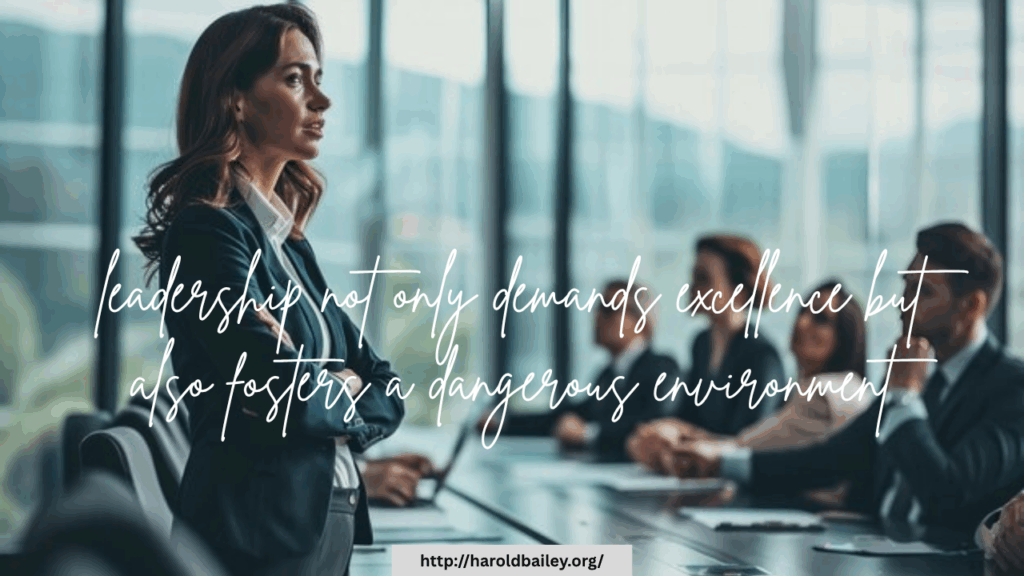
The public often views CEOs and politicians as paragons of discipline, intelligence, and control—individuals who operate at the top of their fields, commanding respect and authority. Yet, behind the closed doors of boardrooms and government offices, a growing number of these high-profile leaders grapple with a hidden struggle: addiction. The high-octane world of leadership not only demands excellence but also fosters a dangerous environment where substance use and dependency can flourish.
The Pressure Cooker of Power
Holding a top leadership position comes with immense responsibilities. CEOs must navigate global markets, lead large teams, and make decisions that impact thousands of lives. Politicians, meanwhile, carry the weight of public service, political maneuvering, and media scrutiny. The constant pressure to perform, combined with little margin for error, creates a stress-laden environment that can erode mental well-being.
To manage this unrelenting stress, many leaders turn to substances like alcohol, stimulants, or prescription medications. What starts as a tool for relaxation or productivity can spiral into addiction. In some cases, these substances are used to dull the loneliness, anxiety, and burnout that come with leadership roles.
The Illusion of Control and the Reality of Dependence
High achievers are often convinced they can control their behaviors. This sense of invincibility makes it difficult for CEOs and politicians to recognize the signs of addiction in themselves. The trappings of success—wealth, prestige, and a loyal entourage—can also insulate them from the consequences that typically prompt others to seek help.
Moreover, these individuals are adept at managing appearances. A CEO might deliver a compelling earnings report after a night of heavy drinking, or a politician could maintain a polished public image while quietly relying on stimulants to maintain energy during grueling campaigns. Their ability to function at a high level often masks the severity of their addiction.
Enablers and the Culture of Silence
In elite circles, addiction often goes unchallenged because of a culture of silence. Subordinates, colleagues, and even friends may avoid confronting a powerful individual out of fear, loyalty, or self-interest. This lack of accountability allows destructive behaviors to persist and worsen.
Additionally, the stigma surrounding addiction in leadership roles is profound. Admitting to a problem could jeopardize a career or damage a public image, leading many to avoid seeking help until a crisis occurs—such as a health emergency, public scandal, or legal trouble.
Recovery and Redemption
Despite the challenges, many CEOs and politicians have found a path to recovery. High-profile figures entering rehab may make headlines, but their journeys also help to humanize addiction and dismantle stigma. These stories serve as reminders that addiction does not discriminate by status or success.
Organizations and political institutions can play a pivotal role by fostering environments that prioritize mental health. Confidential support systems, stress management resources, and a culture that encourages vulnerability can help prevent addiction before it takes hold.
Ultimately, recognizing the reality of addiction in elite leadership is not a sign of weakness but of wisdom. From the boardroom to the halls of government, acknowledging the human side of power is essential for building healthier leaders and more resilient institutions.